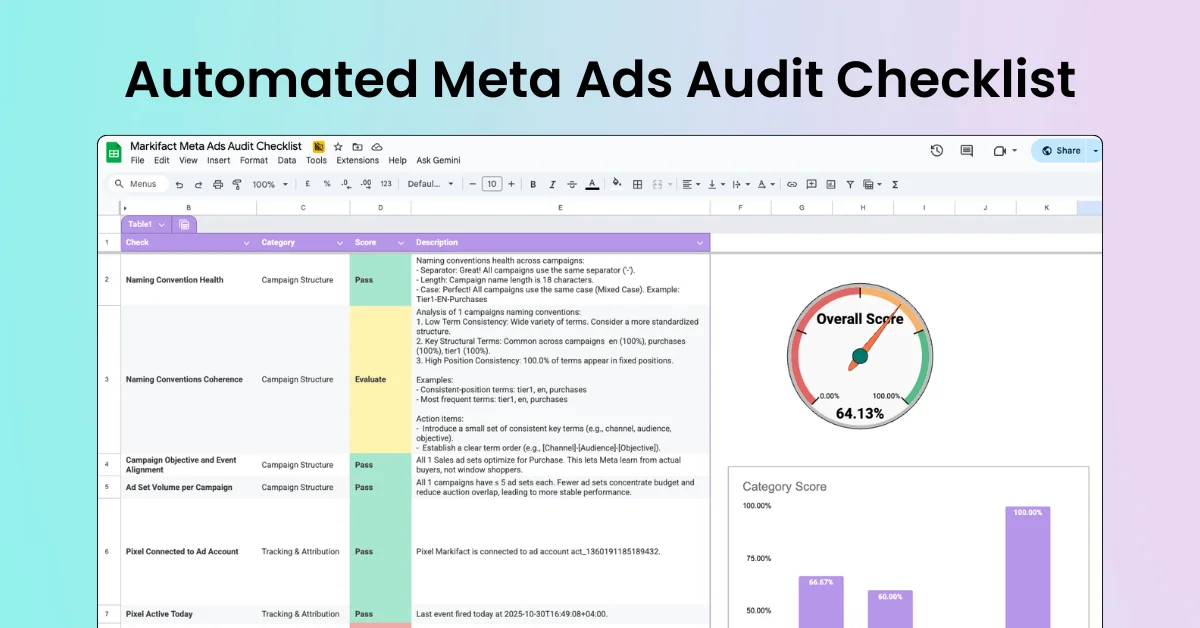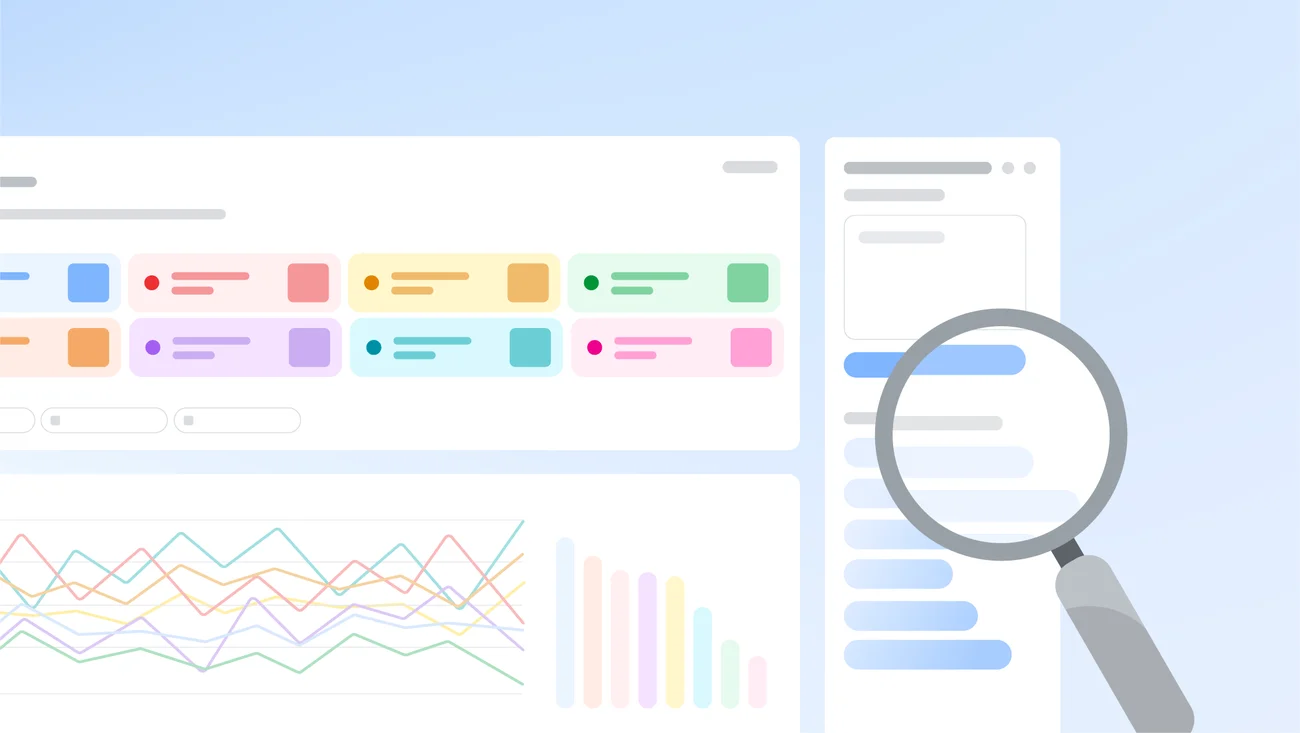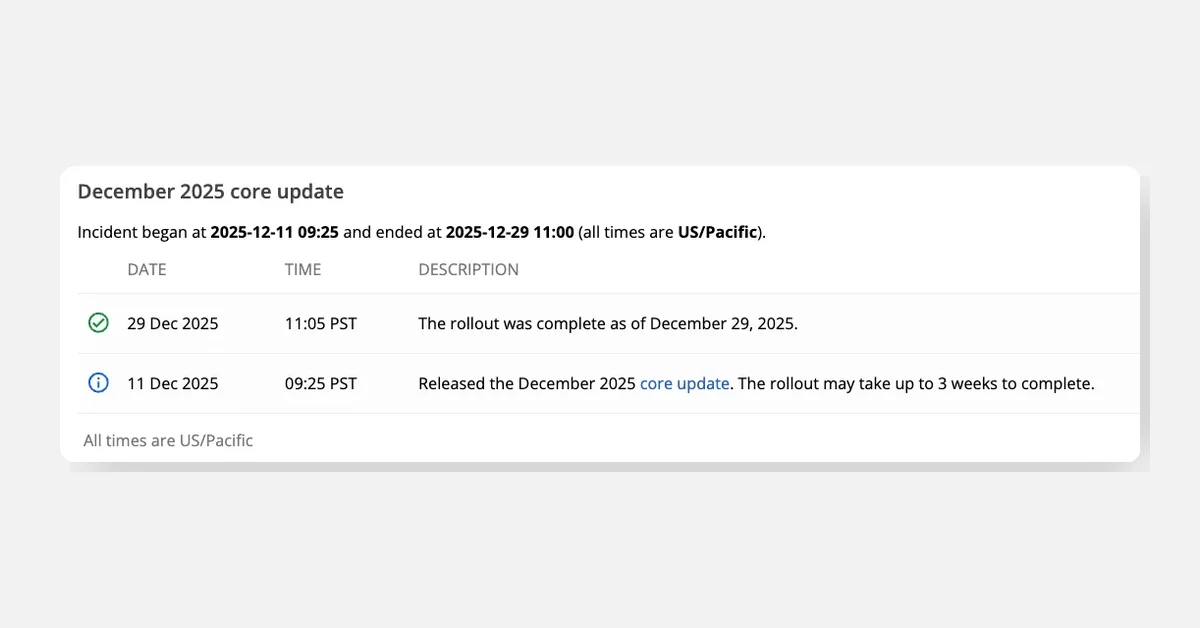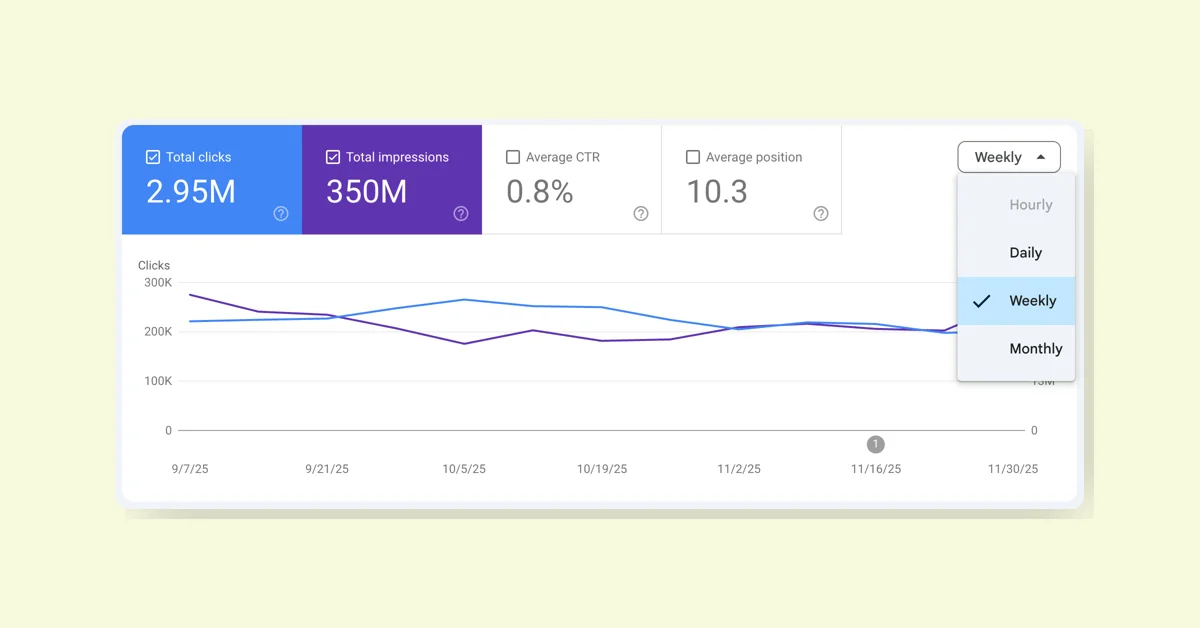Google is defending itself against claims of anticompetitive behavior by emphasizing the security benefits of a closed ad ecosystem. The company argues that its practices, which the Department of Justice (DOJ) criticizes as monopolistic, are necessary to protect users from fraud and ensure the integrity of its advertising platform.
Key Points
Security Justification: Google asserts that a closed ecosystem is safer for users, a defense similar to those used by Apple for its app store. The company claims that controlling its ad tech market helps prevent fraud and maintain trustworthiness.
Witness Testimonies:
- Per Bjorke (Director of Product Management for Ad Traffic Quality) and Alejandro Borgia (Director of Product Management for Ad Safety) testified that their teams focus on preventing fraud and ensuring ads are seen by real people. They emphasized that their work is not driven by revenue goals but by the need to protect the ecosystem.
- Bjorke detailed the rigorous vetting process for publishers and the blocking of millions of malicious advertiser signups annually.
Historical Context: Bjorke mentioned that in the early 2010s, Google considered opening its ecosystem to allow advertisers to bid on different exchanges. However, this posed significant security risks, leading Google to maintain a closed system.
Fraud Case Example: Between 2015 and 2018, the 3ve botnet scam cost Google $30 to $40 million. Google compensated advertisers to maintain trust, highlighting the financial risks of security failures.
Industry Collaboration: Post-3ve, Google chose to help clean up ad fraud industry-wide rather than focusing solely on its platform. This included developing the ads.txt code snippet to prevent similar fraud schemes.
Broader Implications
Operational Scale: Google argues that its large scale and control over ad tools across the ecosystem allow it to ensure ads are safe and appropriate. This visibility is crucial for preventing issues like viruses or inappropriate content.
Data Privacy: Google claims it allows users to limit data usage within its ecosystem, but external tools may have different privacy rules, posing additional risks.
Legal Precedents: Google leans on a Supreme Court precedent that it can't be forced to deal with rivals, using this to argue against the DOJ's claims. The company also references similar defenses used in antitrust cases involving Epic Games, where Google and Apple argued that open ecosystems compromise security.
Conclusion
Google's defense centers on the argument that its closed ad ecosystem is essential for security and fraud prevention. By maintaining control, Google claims it can better protect users and advertisers, despite accusations of anticompetitive behavior.



















